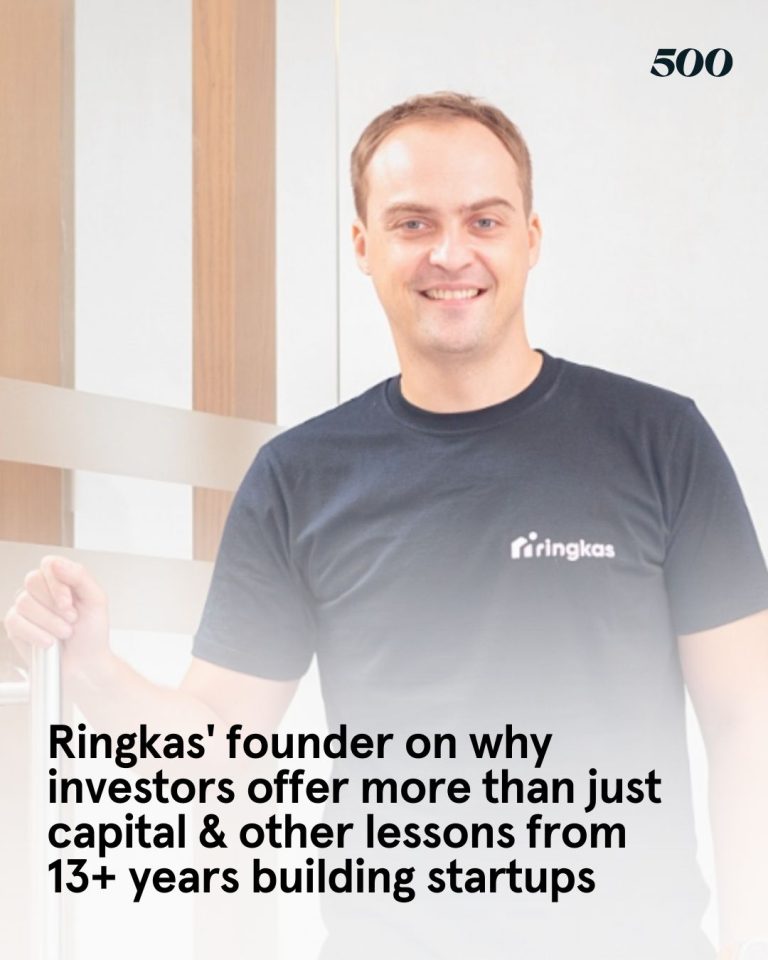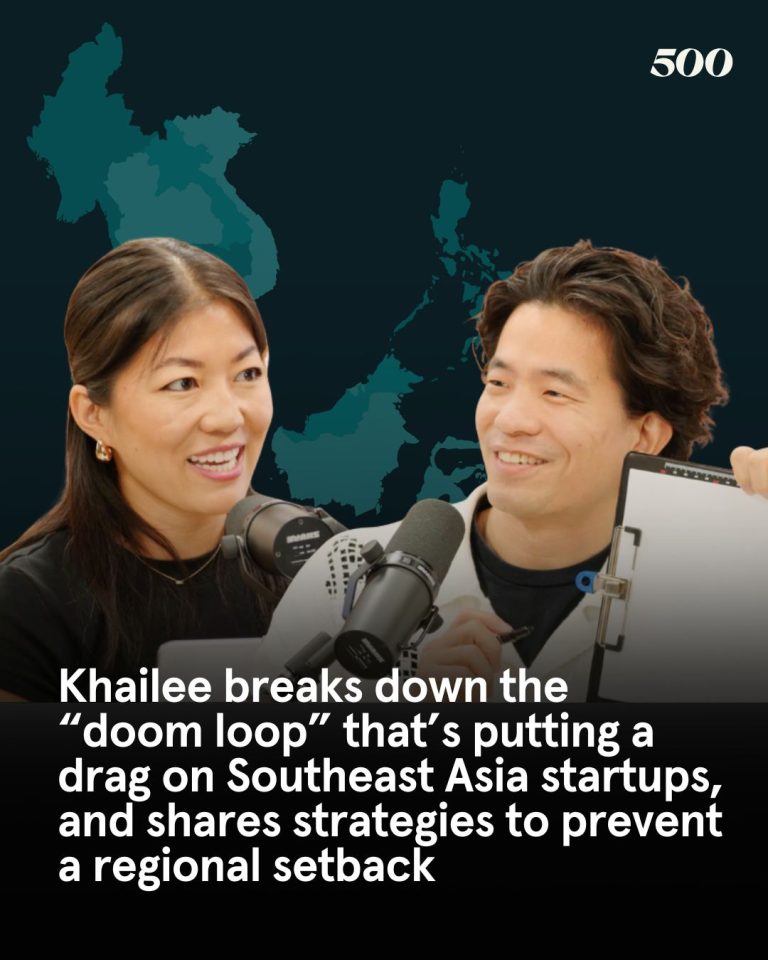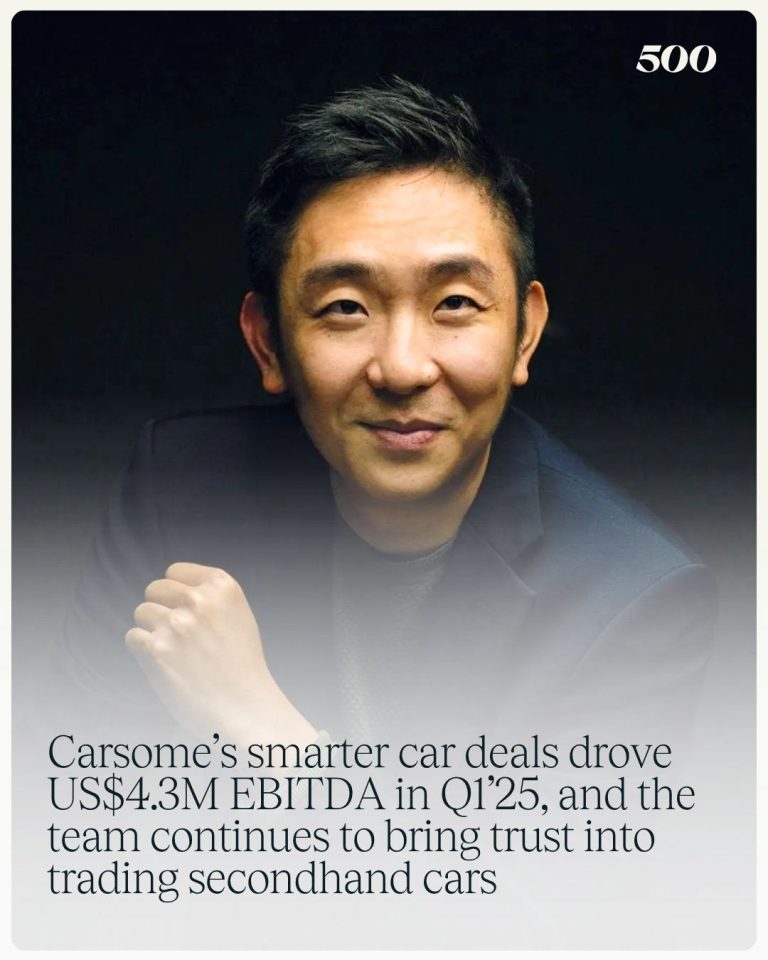Social commerce for social good
- Indonesia’s retail market is largely dominated by traditional distributors, making it challenging for startups to introduce new technology to digitalize warungs (mom-and-pop shops) in Indonesia.
- Operational costs to do so run high as there is a need for educating and providing incentives or promotions to attract new users. Education is crucial as most small business owners in Indonesia are over 40 years old, and many aren’t tech-savvy.
- Ryan Manafe, Co-founder & CEO of 500-backed social commerce platform Dagangan, believes that startups focused on digitalizing warungs are struggling because many are not truly present in rural areas, where the opportunities lie.
- Ryan shared that most brands have not yet entered Tier 3 cities, enabling startups like Dagangan to attract and support these brands in getting their products there.
- Warung owners in rural areas typically travel long distances 2-3 times a week to purchase goods, an arduous journey through rural Indonesia’s rough, winding roads. This leads to thin business margins, higher prices for consumers, and limited stock availability.
- Leveraging direct partnerships with principal brands, Dagangan can secure cheaper prices, and some brands even cover the costs of promotions offered by the startup to consumers.
- To date, the company has partnered with 22 principal brands, including multinational and Indonesian companies such as Unilever, Coca-Cola, Ajinomoto, Frisian Flag, Ultrajaya, and Garuda Food.
- Ryan shared that almost all of Dagangan’s hub operations have achieved positive EBITDA, and the company will have a clear path to net profitability by the end of 2024.
- Read the full story on Tech in Asia.




